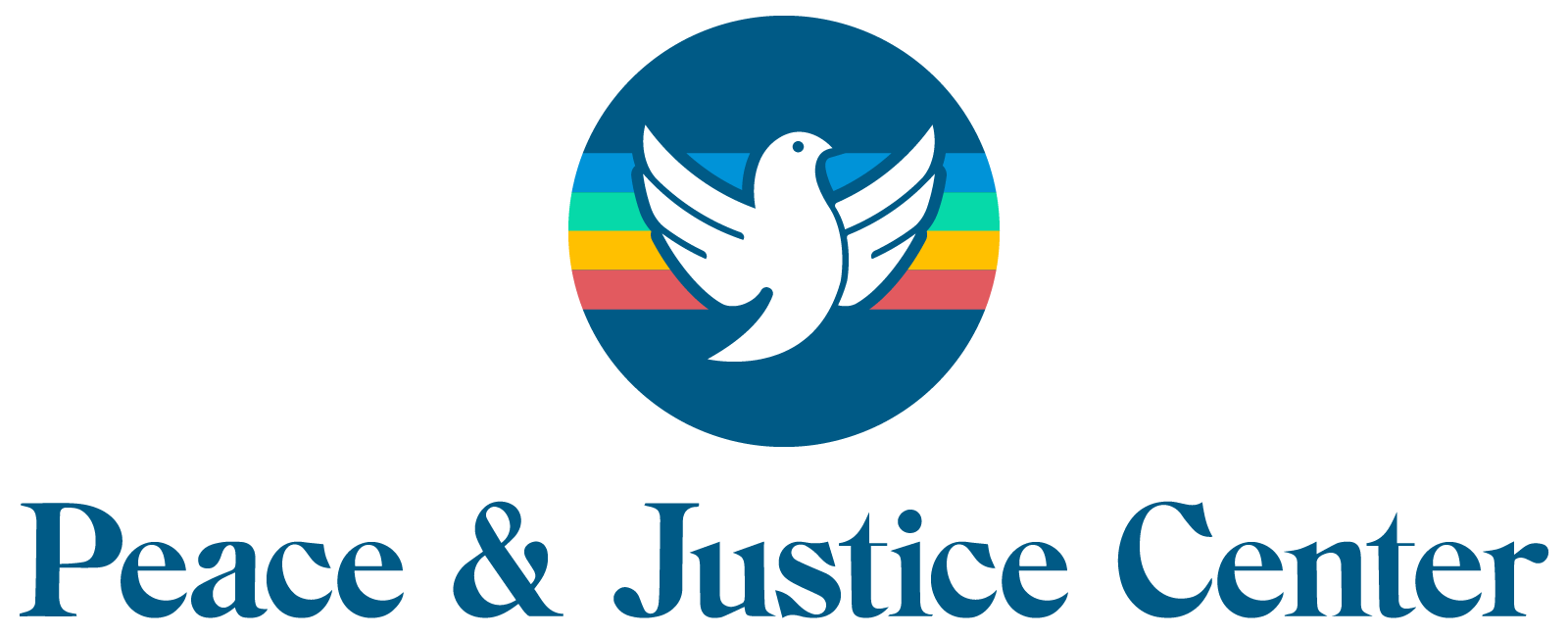Mindfulness and similar contemplative practices have become increasingly common in activist circles in recent years. In fact, we do workshops on this topic here at the Peace & Justice Center! Mindfulness practices have a lot to contribute to activists, however, misunderstandings about mindfulness and systemic oppression have led to missed opportunities for collaboration as well as, in the worst cases, perpetuation of confusion and trauma. Given the amount of empirical, historical and anecdotal evidence attesting to the support contemplative practices offer to activists, it is essential that mindfulness is introduced to activist circles and practiced in a way that is empowering and anti-oppressive.
If mindfulness practice is going to be truly effective in supporting activists it must be practiced in a way that aknowledges the reality of systemic oppression and its effects. Some important points to understand for mindfulness facilitators in activist spaces include:
- Acceptance towards our subjective experience (sensations, thoughts, emotions etc.) in contemplative practice is not the same thing as acceptance/passivity in the face of objective oppression (racism, sexism, ableism, classism etc.).
- Individual healing will not happen, and acceptance of subjective reactions will not be enough, if individuals do not have language to understand/explain their experience of wounding from systemic oppression.
- Intense emotional reactions that come up for people with intersecting oppressed identities are deeply embedded coping mechanisms and wounds from oppression. These behaviors were learned in order to survive in an oppressive society and should be understood as such.
(Adapted from Beth Berila)
For those with an activist background curious if mindfulness will be of benefit to themselves and their work, here are some ways that mindfulness can support activism:
- Uncover and unlearn our own internalizations of oppressive social structures.
- More fully empathize and connect to others, reducing Othering.
- Decrease implicit bias towards others and stereotype threat towards ourselves.
- Heal wounds resulting from systems of oppression.
- Maintain composure, objectivity, compassion when faced with instances of insensitivity and incivility.
(Adapted from Rhonda Magee)
Here at the Peace & Justice Center we believe that having these understandings ingrained in our Mindfulness for Activists programs is essential to their effectiveness. We’ve recently incorporated more articles and practices directly speaking to the dynamic between mindfulness practice and systemic oppression into our workshop resources. We hope that everyone who is interested in incorporating contemplative practice into their activism will experience the benefit of these practices in a way that empowers themselves and their communities.
Here are some of the links we’ve added:
Black Lives Matter Meditations, Dr. Candice Nicole
When Mindfulness and Racism Intersect, Mindful Podcast featuring Rhonda Magee, JD
Integrating Mindfulness into Social Justice Education and Anti-Oppressive Work, Beth Berila
– Jason Dana, PJC Programming Intern
